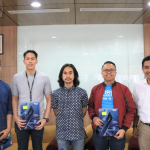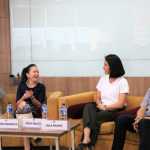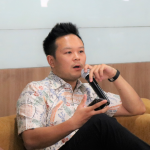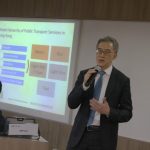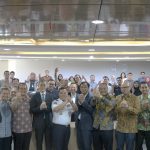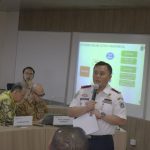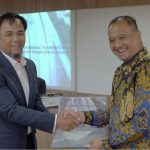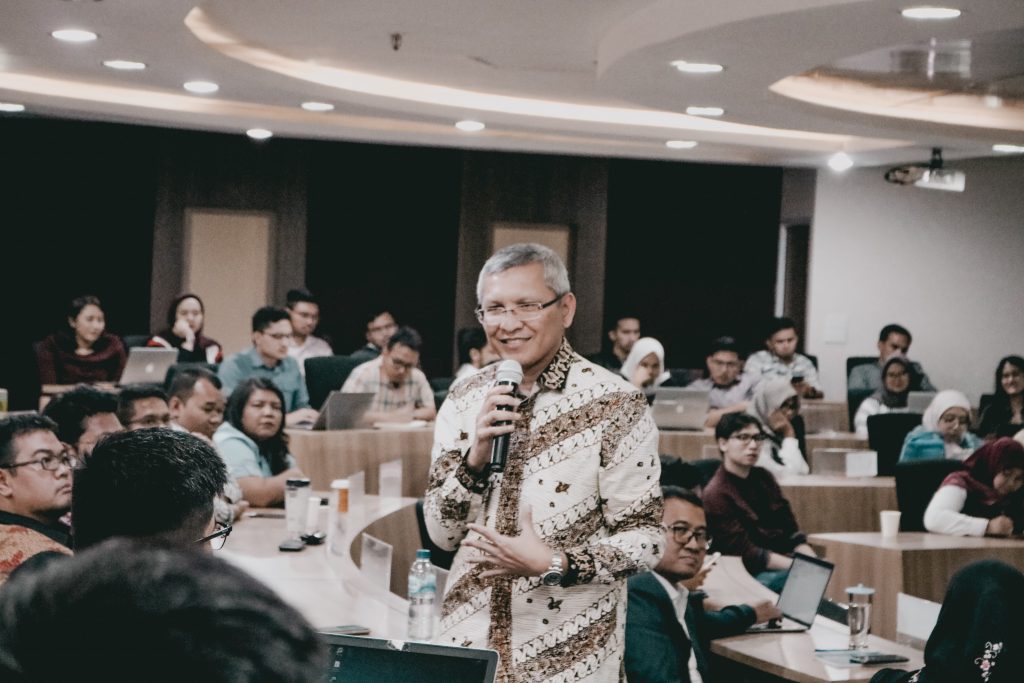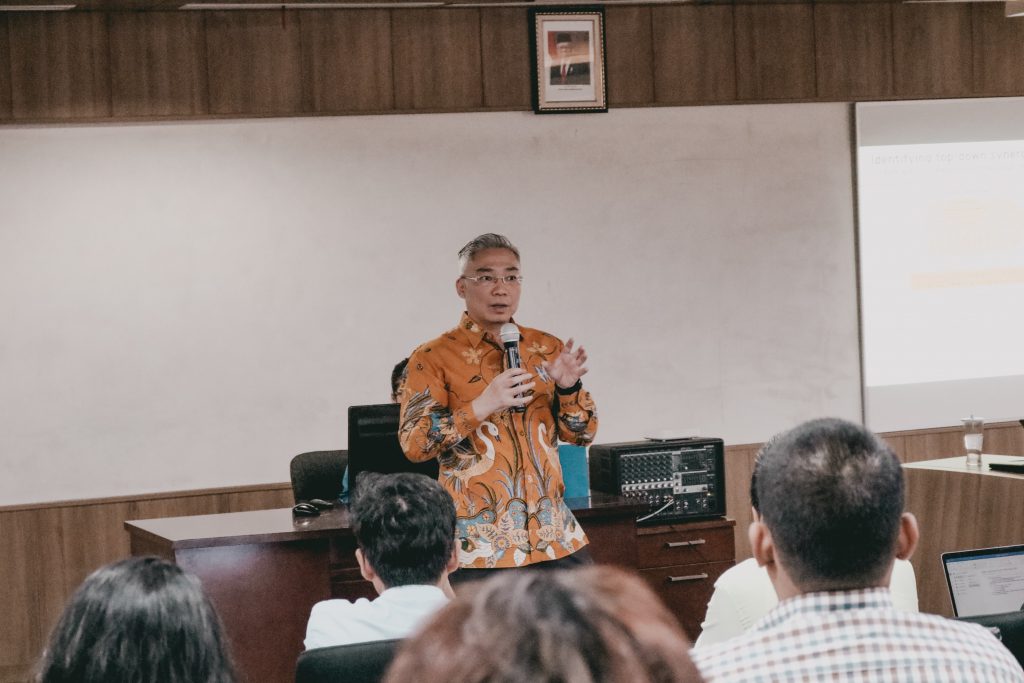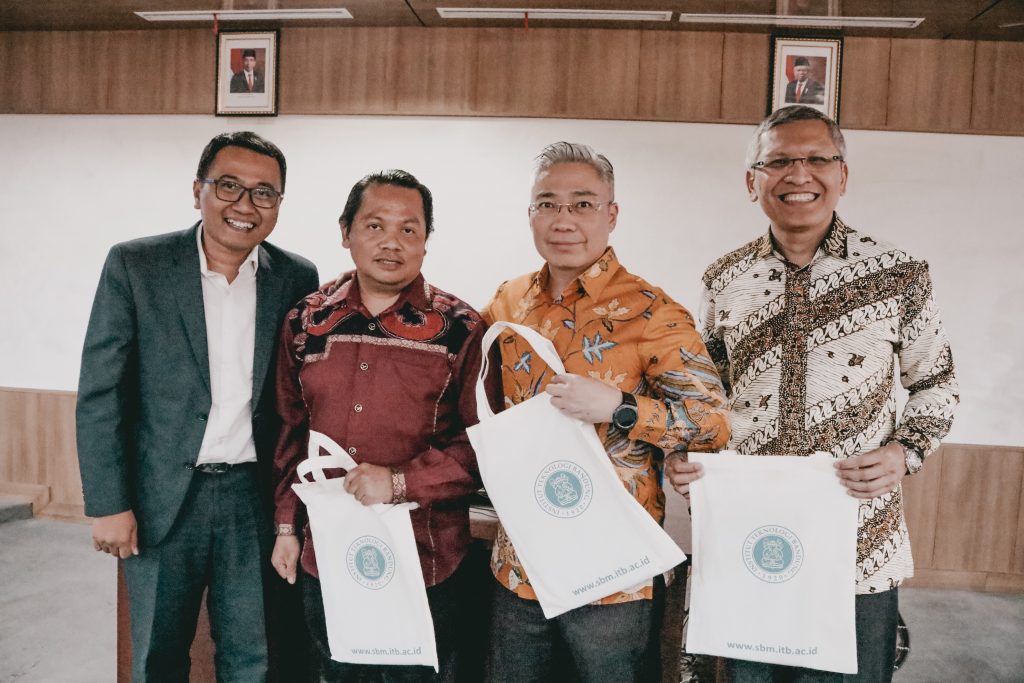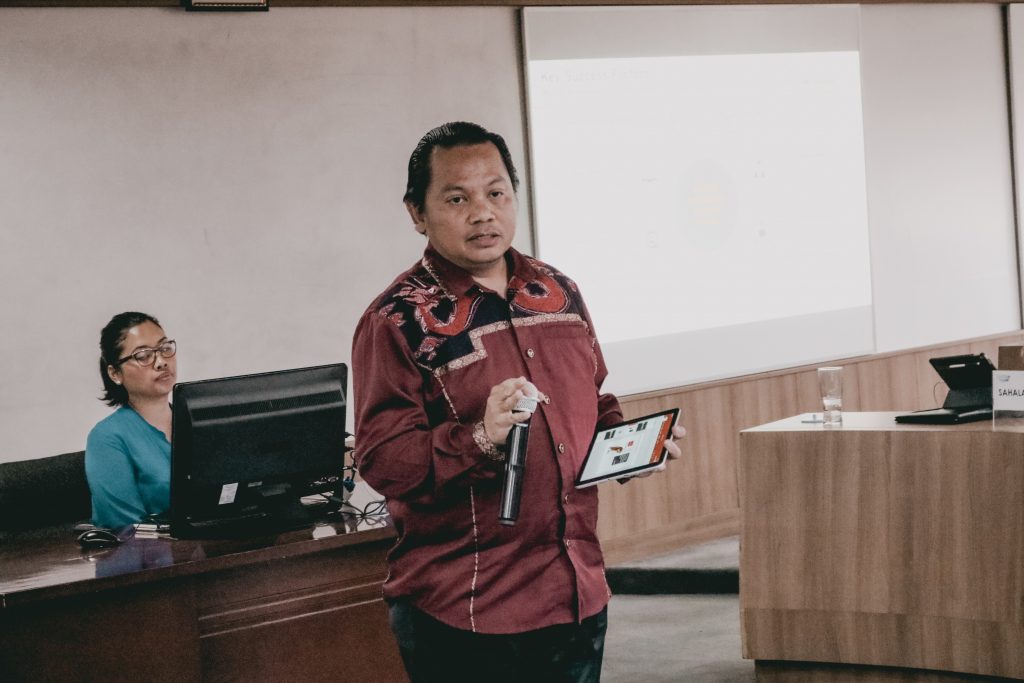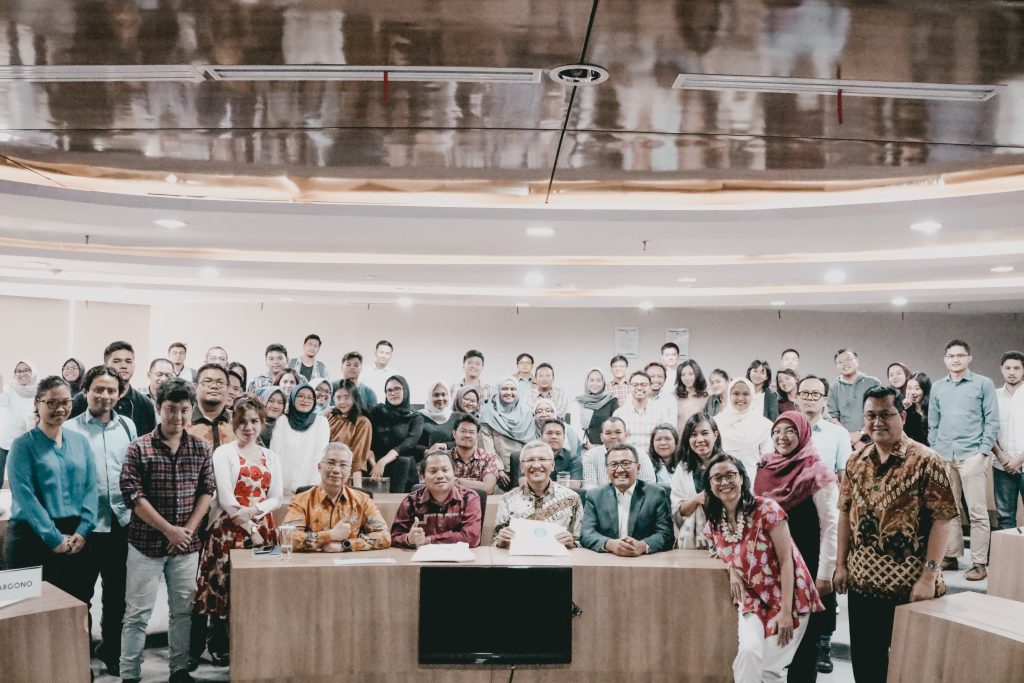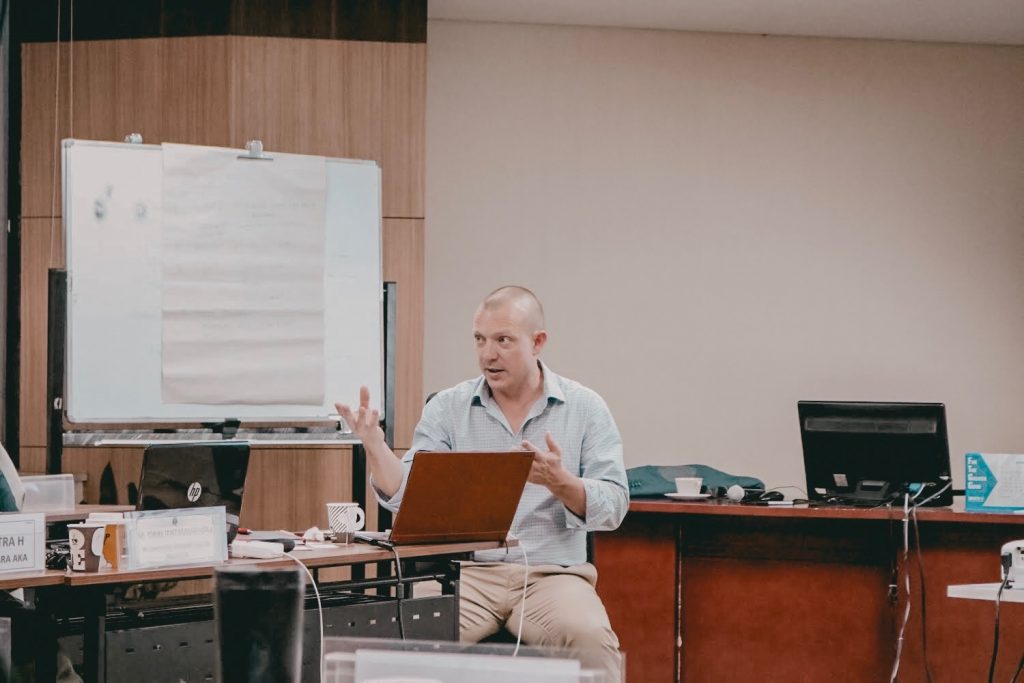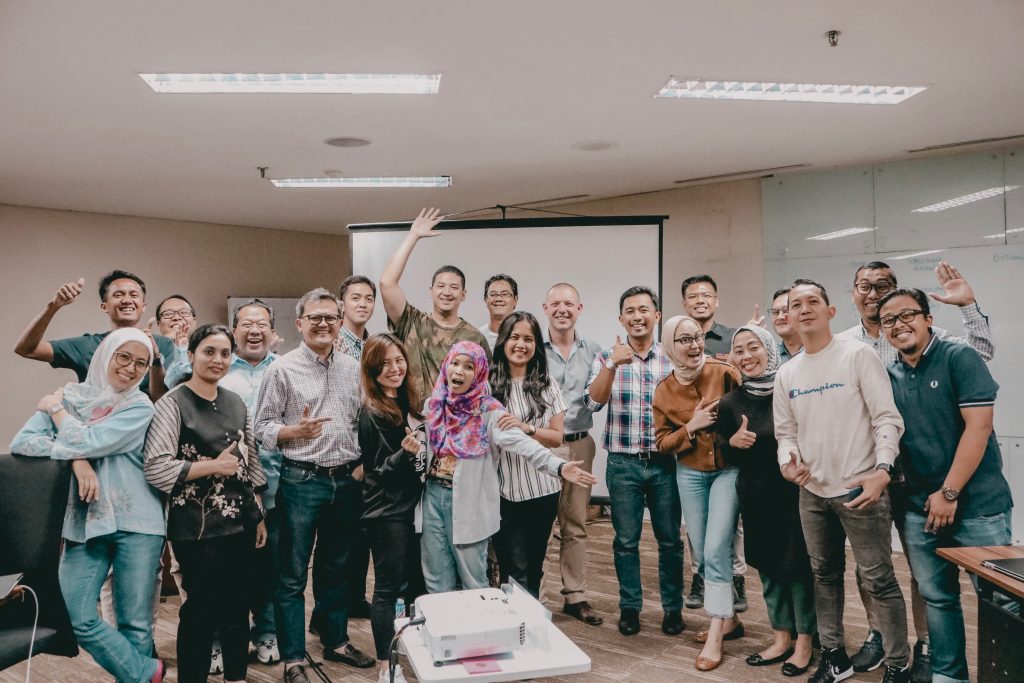 “There are three critical factors to leverage the productivity of construction sector in Indonesia. First, the availability of technology to enhance the performance , second, the opportunity available related to the growth of construction sector, and third, the action from entrepreneurs to take the opportunity,” said Dr. Soegeng Wibowo, a Partner of McKinsey & Company at the public lecture at Jakarta Campus, Monday (27/3/2017). As a partner in the renowned consulting firm,Soegeng oversees banks, basic materials, shipping and government institutions in Indonesia and across Asia.
“There are three critical factors to leverage the productivity of construction sector in Indonesia. First, the availability of technology to enhance the performance , second, the opportunity available related to the growth of construction sector, and third, the action from entrepreneurs to take the opportunity,” said Dr. Soegeng Wibowo, a Partner of McKinsey & Company at the public lecture at Jakarta Campus, Monday (27/3/2017). As a partner in the renowned consulting firm,Soegeng oversees banks, basic materials, shipping and government institutions in Indonesia and across Asia.
During the lecture, Soegeng explained on how technology should be implemented in Indonesia’s construction, especially in digital era. “Digitization is an important driver of productivity. We believe that integrative trends will shape construction and capital projects over the next 5 years,” told Soegeng. Soegeng proposed the use of Building Information Modelling (BIM) to establish transparency in design and costing. This can be important for governance and accountability of the projects. Digitalization can also be utilized for digitized project collaboration and mobility, such as to increase site productivity, monitor the environment and equipment, and to predict maintenance schedule.
 Attended by the Founder and Chairman of School Advisory Council, Prof. Kuntoro Mangkusubroto, the lecture was going well with some enlightening questions from the participants. Starting with the light question about the challenges of Indonesia’s digital opportunity, to the question about how successful this one to implement. This public lecture is a perfect example how practical experience should be added to widen students’ perspective on some recent issues occurred in business and society.
Attended by the Founder and Chairman of School Advisory Council, Prof. Kuntoro Mangkusubroto, the lecture was going well with some enlightening questions from the participants. Starting with the light question about the challenges of Indonesia’s digital opportunity, to the question about how successful this one to implement. This public lecture is a perfect example how practical experience should be added to widen students’ perspective on some recent issues occurred in business and society.







































